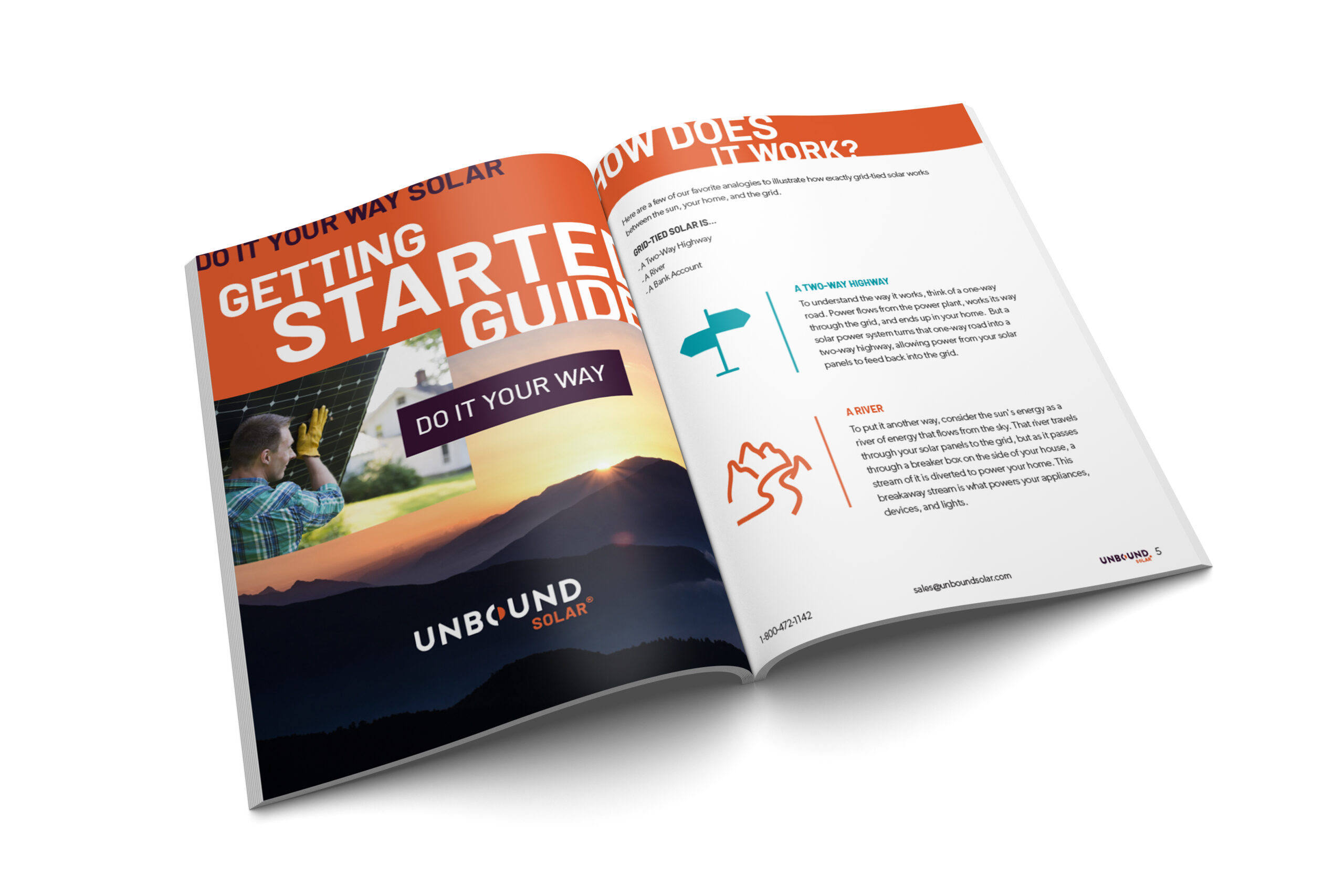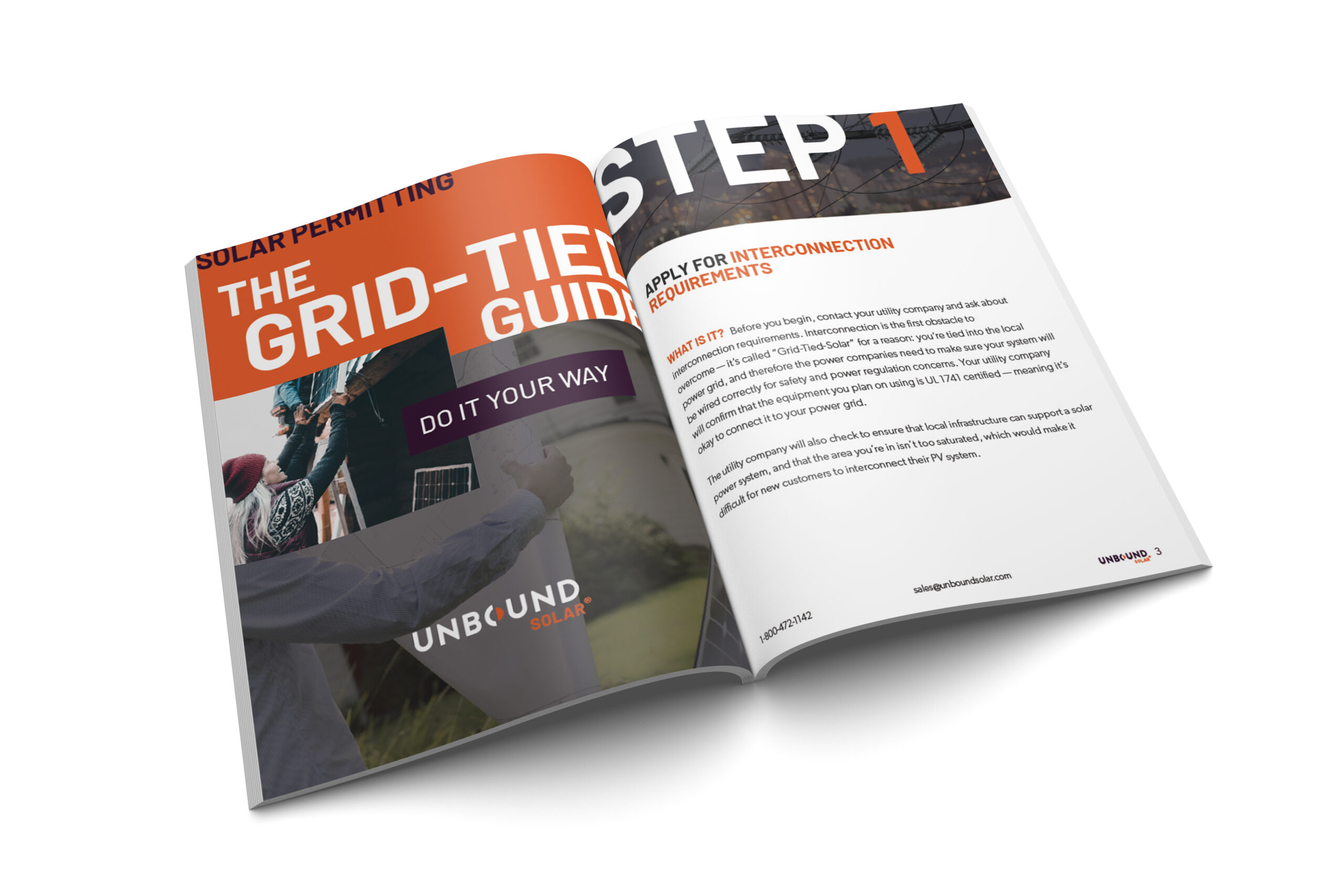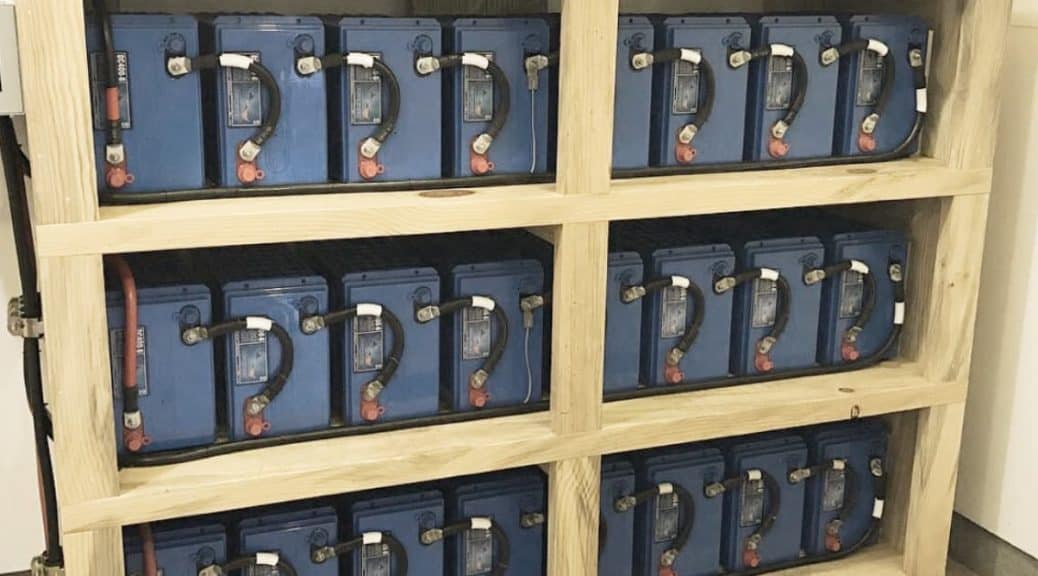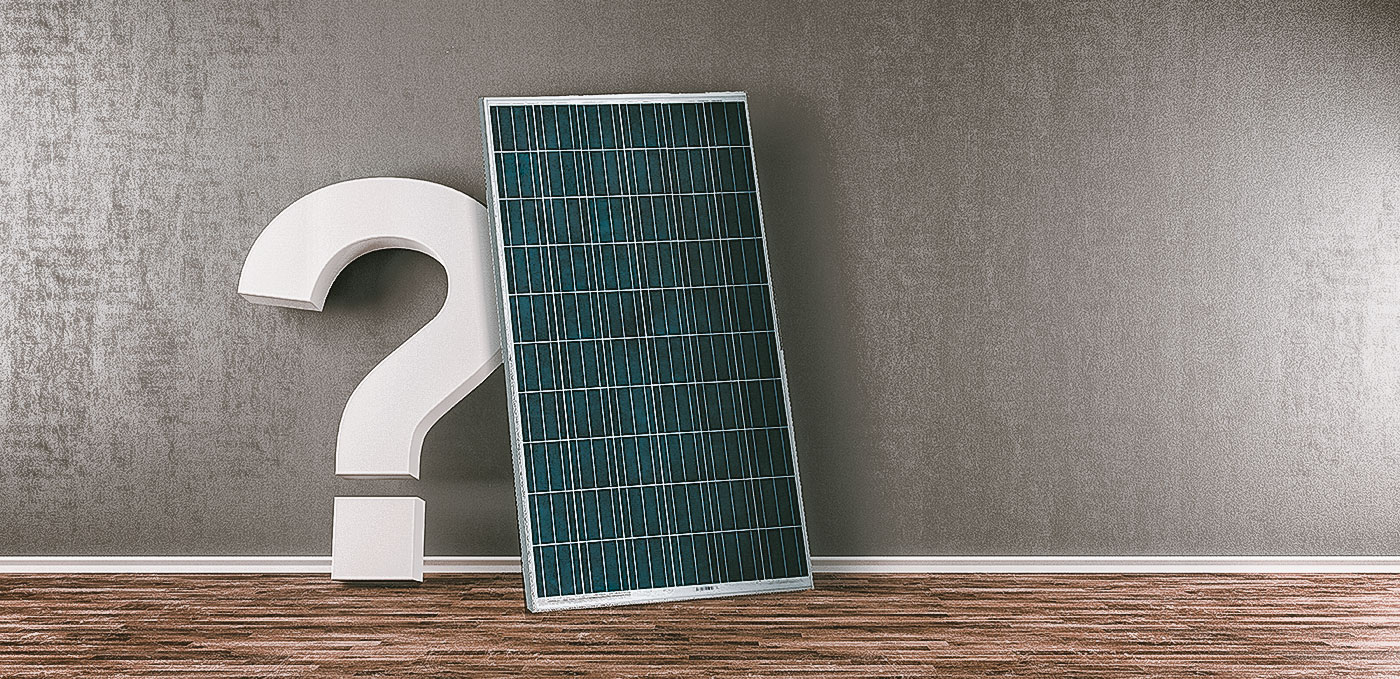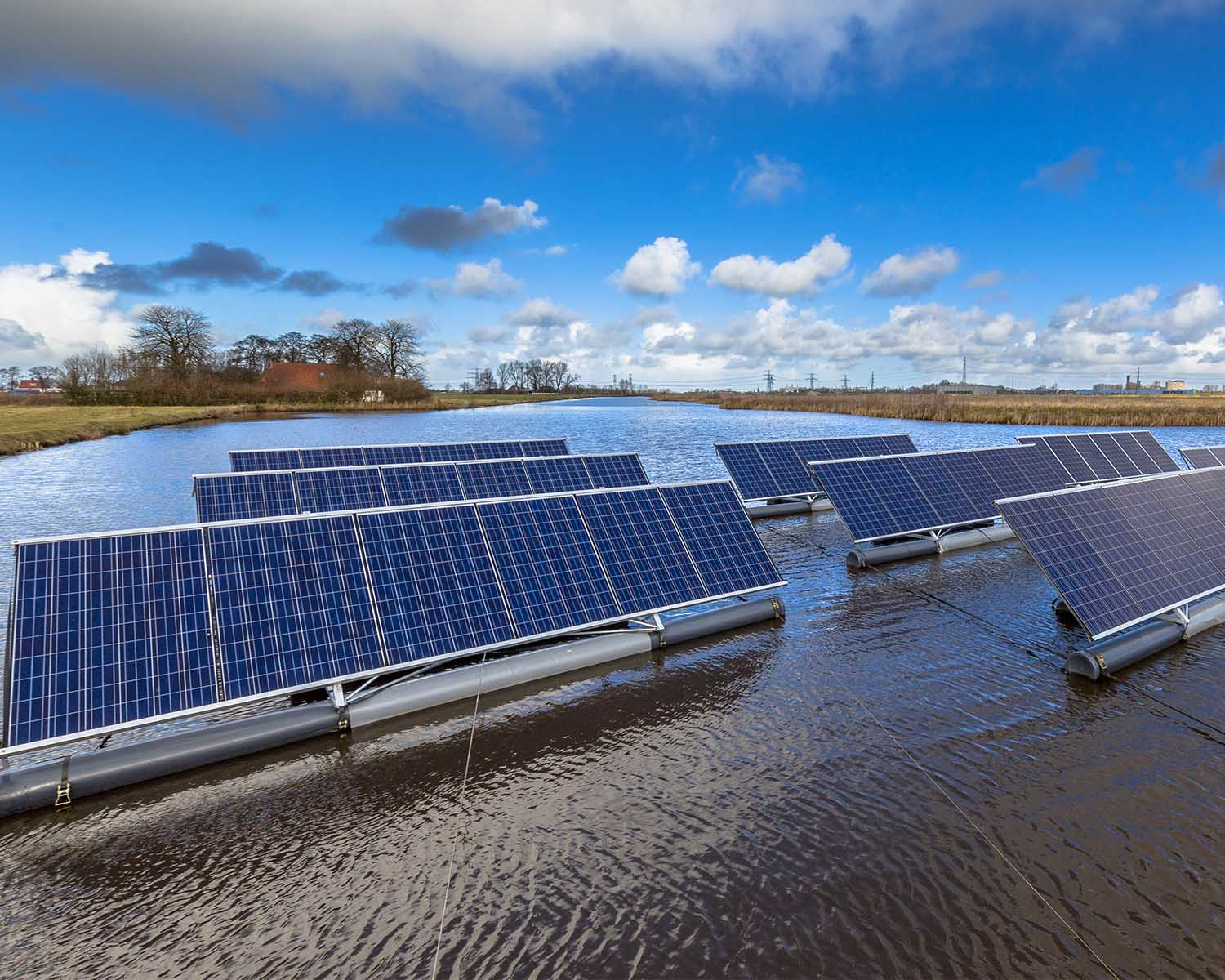If you are considering living off the grid, you are not alone. Packing up your family and your belongings to move to a more isolated location can be appealing for many reasons. Whether you’re responding to current events, be more self-reliant, or want to live on an untouched landscape, off the grid living is a lifestyle that has fascinated many for some time.
However, off-grid living is not always as simple as it sounds. Some states lack resources, undeveloped land, and safe weather conditions for those yearning to live this alternative lifestyle. In fact, some states’ laws make it difficult to live off the grid.
Before you fulfill your desire to remove yourself from the grid, it is essential to note what states allow you to live off the grid, both legally and logistically.
To determine which state is right for you, you’ll want to consider the land prices, local laws and regulations, weather and climate, local building codes, and property taxes relevant to each destination.
Now that you know what to look for, it’s time to determine what states allow off-grid living and why specific qualities are essential.
Considerations for Living Off the Grid
As you plan your changeover to off-grid living, there are a few things to consider to make a successful transition.
Each state differs in what they can offer their off-grid residents, so start by assessing the aspects below and their importance to your specific needs.
What may seem daunting now can be simplified by being as informed as possible. That way, as you wonder, “where can I live off the grid?” you’ll know which qualities to look for.
Land Prices
Like real estate, land prices differ from state to state. Based on where you want to move, your budget will have to fit accordingly.
While you may start by looking into cheaper land plots, you’ll want to be sure you’re not moving somewhere uninhabitable. Natural resources are vital to off-grid living, and more often than not, you get what you pay for.
When researching the price of land, make sure you’re taking into account the land’s surroundings and condition.
Local Laws and Regulations
The serenity of off-grid living can turn into a nightmare if local laws and regulations are too strict.
States who want to discourage residents from off-grid living may impose harsher laws that limit your ability to disconnect from the local electrical grid and sewer system. Others may penalize you for doing so.
Make sure you’re able to achieve your goals without government interference before you purchase your land.
Weather and Climate
You likely already know your preference in the weather. So do some research to figure out which state is home to your ideal climate. You can use a site like currentresults.com to view historical weather patterns and averages across the United States.
You’ll also want to be aware if you’re relocating to an area prone to natural disasters like flooding, wildfires, or tornados and ensure there are evacuation routes in place. Also, take into account the energy sources you plan on using in your home.
For example, if you are considering off-grid solar systems, your ideal system design will look different if you live in a predominantly sunny state like Arizona, versus a state in the cloudy Pacific Northwest.
Local Building Codes
When researching what states allow you to live off the grid, local building codes are a must know. These can make or break a property investment because they can limit the way you build on your land.
Some states require you to use particular materials when building a homestead. Others may not allow you to live in make-shift housing like tiny homes, container homes, or off-grid cabins.
Most states indeed have some form of building regulation, so avoid fines by knowing what they are before you draw your plans.
For example, if you’re going solar, make sure you’re in a solar permitting zone and file for your project’s approval.
Property Taxes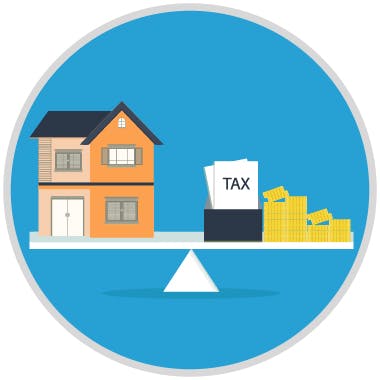
No one wants to move off-grid to pay more in taxes. Avoid excess fees by finding out how much you’ll pay in property tax before committing to a location.
Property taxes vary by state and the size of your land. If your land is large enough, it could zone as agricultural. States like California and Texas offer significant tax breaks for agricultural landowners but may restrict their land’s function.
You can also save on taxes by designating your property as preserved wildlife. Smaller land is often considered residential, which poses a higher tax rate.
If property taxes are a significant issue for you, you can look into rezoning your land.
Top US States That Allow You to Live Off the Grid
Now that you’re familiar with the conditions you should consider, let’s discuss the top US states that allow you to live off the grid.
These states have legalized off-grid living and offer a high standard of living to those choosing to do so.
Depending on your terrain preference, you may favor one over another, but we’ll explain why else you should consider these states to support your new lifestyle.
1. Alabama
You won’t see Alabama on every list regarding what states allow off-grid living. It has one of the smaller communities of residents choosing to live off the grid.
However, it’s the low cost of living and property taxes that make it an ideal location to purchase large land. Alabama also has a significant number of counties without building codes, so you can live and build freely on your land.
Be aware that Alabama gets warmer than most states and has the potential for hurricane and tornado activity. Purchasing land further from the coast will reduce both costs of land and the potential for flooding.
2. Missouri
Missouri is far from a tropical paradise, but it’s home to beautiful lake communities like the Ozarks, where fishing and rainwater collection is legal.
With affordable taxes and regular rainfall, this is a relatively easy state to live separate from society. They also have no requirements for septic systems.
Missouri encourages off-grid living, so if living free of government regulation sounds ideal to you, consider starting your homestead here.
3. Georgia
The peach state allows for comfortable off-grid living. With mild weather conditions and garden ready landscape, the potential for farming and agriculture in this state is unlimited, and the cost of living is below average.
On the other hand, laws in individual counties can be fairly strict so double-check the local regulations before making a land purchase. Pro tip: Treutlen County is ideal for anyone looking to live without building codes.
4. Tennessee
With a 260-day growing season, Tennessee provides the best of all four seasons. Outside its cities, rural areas are a haven for living off the grid.
The cost of living and property taxes are some of the lowest in the country, as are farming and rainwater collection laws. Also, many counties have limited building codes, so you’ll have the freedom to develop your land as you please.
Aside from regularly mild weather, you’ll want to stay alert for the occasional tornado warning. Regardless, this state is ideal for living off the land.
5. Texas
Texas is one of the least surprising states that allows you to live off the grid. The large state offers plenty of affordable, undeveloped land that could become the perfect homestead.
With a long growing season in most regions, it’s easy to provide for yourself. However, the state’s desert regions are less friendly as they lack natural water sources and opportunities for fishing and hunting.
Make sure not to sacrifice a livable landscape for a cheaper price tag when purchasing land in Texas.
States Where It is Illegal or Difficult to Live Off the Grid
Solar technology is an ideal option for anyone living off the grid. The states above are not the only options for living off the grid, but they are easiest.
If you didn’t see your dream state listed above, not to worry, states like Hawaii, Vermont, Alaska, and California also allow off-grid living but have a higher price tag than most. And while they don’t make it outright illegal per se, some states like New Jersey and Connecticut make it quite challenging to acquire energy sources off the grid.
If you are committed to a location where it is difficult to access resources like energy and water, there are options like grid-tied solar systems, which allow you to harness and reuse your power.
Living off the grid can be a blessing in many ways, whether for the environment or your sanity. Doing the research ahead of time and making a choice to go solar will guarantee your transition is as simple and cost-effective as it should be.
If you’re interested in making the switch to off-grid living with solar, you’ll want to start by using an off-grid system sizing calculator. Then you can determine how many solar panels you will need for your property.
Contact Unbound Solar to discuss your options for harnessing your own power off the grid so that you can live life on your own terms.

